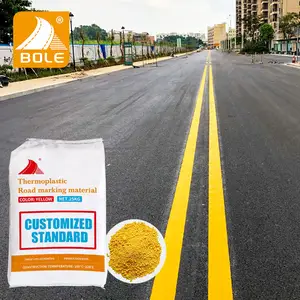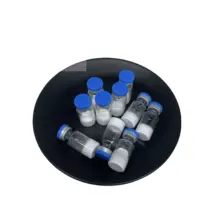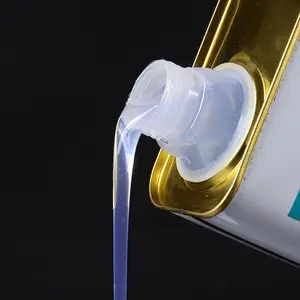Understanding Conformal Coating
Conformal coating is a protective chemical layer designed to shield electronic circuits from environmental factors that could lead to potential damage. This coating, often applied to printed circuit board coating, serves as a barrier against moisture, dust, chemicals, and temperature extremes that could compromise the functionality and longevity of electronic components.
Types and Applications of Conformal Coating
There are various types of conformal coatings, each suited to different applications and environmental conditions. Silicone conformal coating is known for its high-temperature resistance and elasticity, making it ideal for use in harsh conditions. On the other hand, pcb coating materials like Humiseal 1a33 and Humiseal 1b31, which are acrylic-based, provide excellent moisture and dielectric resistance for general-purpose use. The ipc cc 830 and ipc cc 830b standards are often referenced to ensure the coatings meet stringent quality requirements.
Features and Advantages of Conformal Coatings
The primary advantage of using a conformal coating is the enhanced protection it offers to electronic circuits. These coatings help in preventing corrosion, electrical failures, and ensure the reliability of the pcb board coating. Additionally, certain coatings like Humiseal 1b73 are designed to be easily removing conformal coating when rework or repair is necessary. The versatility of conformal coatings extends to their use in various industries, including automotive, aerospace, and consumer electronics, where the protection of circuit board conformal coating is critical.
Materials and Benefits in Detail
Conformal coatings are made from different materials such as acrylic, silicone, urethane, and epoxy. Each material offers distinct benefits; for instance, arathane 5750, a urethane-based coating, provides robust protection against abrasions and solvents. These materials are carefully selected to ensure they do not introduce harmful chemicals or allergens, making them safe for use in sensitive applications. The benefits of using a conformal coating pcb extend beyond protection, as they also contribute to the increased durability and performance of the electronic components they cover.
Choosing the Right Conformal Coating
Selecting the appropriate conformal coating requires an understanding of the environmental challenges and the specific requirements of the electronic application. Factors such as operating temperature range, exposure to chemicals, and the need for reworkability should guide the selection process. For instance, electronic coatings like silicone are preferred for high-temperature applications, whereas acrylic-based coatings are chosen for their ease of application and rework.
Environmental and Safety Standards
Conformal coatings are subject to environmental and safety standards to ensure they are safe for use and environmentally responsible. Compliance with standards such as ipc cc 830b ensures that the coatings are reliable and effective in protecting electronic components. Manufacturers and suppliers on Alibaba.com are expected to adhere to these standards, providing a level of assurance to buyers regarding the quality and safety of the conformal coatings available on the platform.











































 浙公网安备 33010002000092号
浙公网安备 33010002000092号 浙B2-20120091-4
浙B2-20120091-4